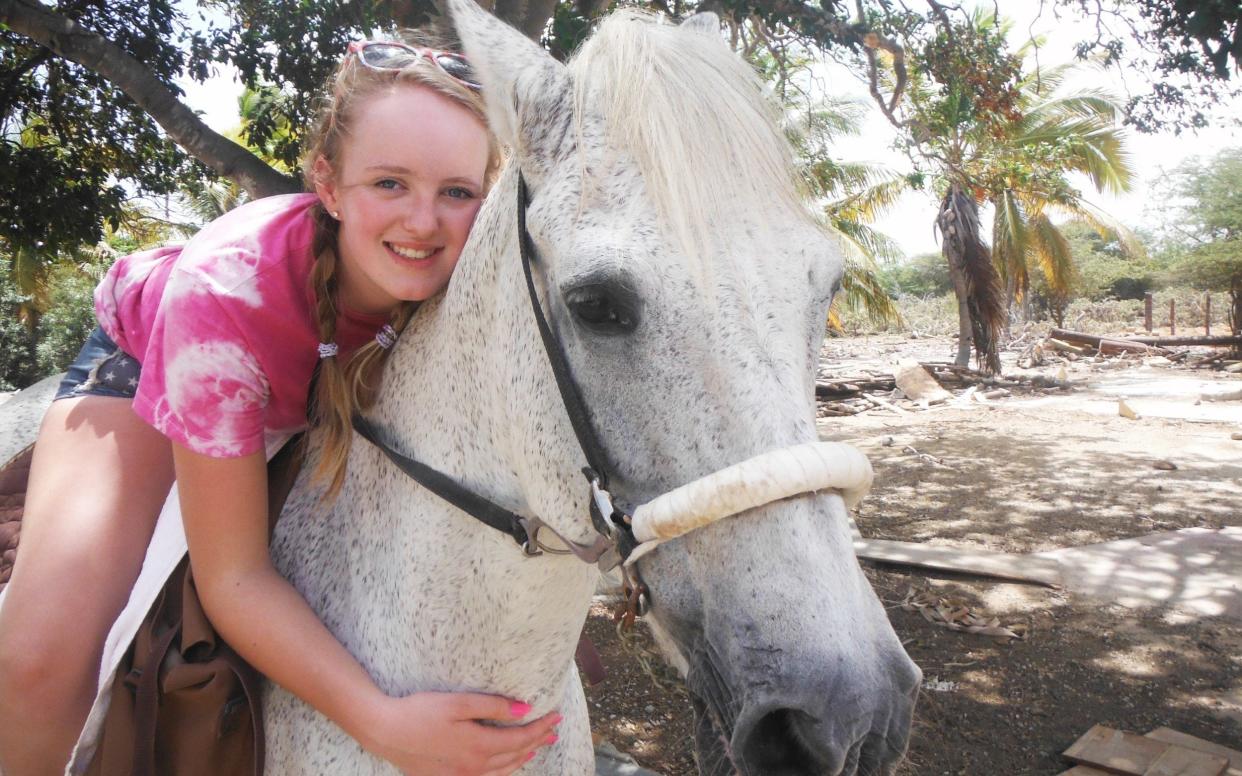Stalking: State of Fear, review: excoriating documentary pours shame on our justice system

- Oops!Something went wrong.Please try again later.
TV documentaries are shown when they are shown for all sorts of reasons. Whether Stalking: State of Fear (ITV1), a superb, chastening film talking to three victims of stalking, was always going to come out this week we don’t know. But emerging a fortnight after Netflix’s Baby Reindeer, a hit drama about a real-life stalking case, made it achingly current.
One of the many questions raised by State of Fear is why it hasn’t been current before. The facts are stark: nearly two million women in Britain have experienced stalking, yet only five per cent of stalking reports result in a conviction. As in Baby Reindeer, so here: quite apart from all of the mental torture, the police don’t take it seriously. So it needs serious, sombre films like this one to change attitudes and, hopefully, save lives.
If that sounds overwrought, the experiences of the women in State of Fear made it clear that it was anything but. The documentary began with the death of Gracie Spinks, murdered by a stalker – whom she had reported to police just months before he killed her – in 2021. According to the film, two women are murdered every week in England and Wales – and research suggests stalking features in 94 per cent of the cases.
What was upsetting about Gracie’s death was that it could so easily have been avoided, if only the police had joined the dots. And really, they weren’t so much dots as bloody great sinkholes. The film began with a 999 call from a woman who’d found a bag containing knives, axes and a piece of A4 with “Don’t Lie” on it, not far from Gracie’s riding stables. The bag was linked to Gracie’s murderer, who had already been flagged for stalking several times at his work, even before Gracie called the police. No one made the link.
Gracie’s ordeal, and her family’s quest for justice, formed the backbone of the film, but the testimonies of “Louise”, “Marie” and “Caroline” were every bit as shocking. All of them felt let down by the police and the courts.
Aside from this latent societal neglect, though, two things stood out in State of Fear. One was how sly stalkers can turn the apparatus of the criminal justice system against the women they are stalking (and four out of five victims are still women, pace Baby Reindeer). To explain: what if the woman claiming she’s being followed was in fact following the man, and that was why they were both in the same place? The police have to take the man’s complaint as seriously as the woman’s. As a result, women are being arrested and cautioned for supposedly stalking their own stalker – an iniquitous distortion at the hands of their tormentors.
In addition, it is startling how when perpetrators are held to account, just how short their sentences are – and how little heed they need pay to restraining orders. Of the four main subjects of this film, one is dead, one lives with an attack dog and a baseball bat by the front door, one has left the UK, and one, who says the police almost seemed to have sympathy with her stalker, is now locked in a battle with the police complaints system. It is both unimaginable and unconscionable – we can only hope that films like this one keep moving the dial.

